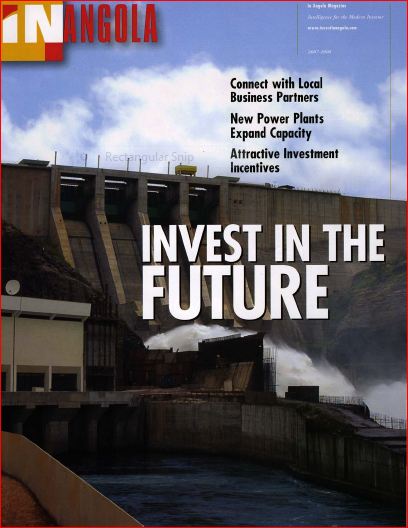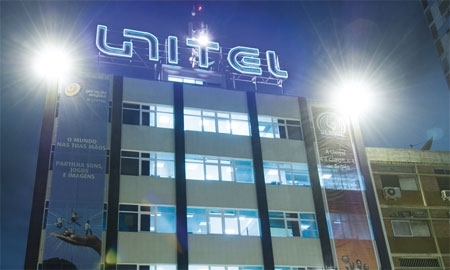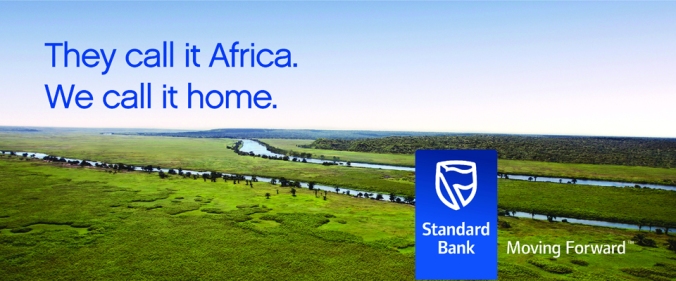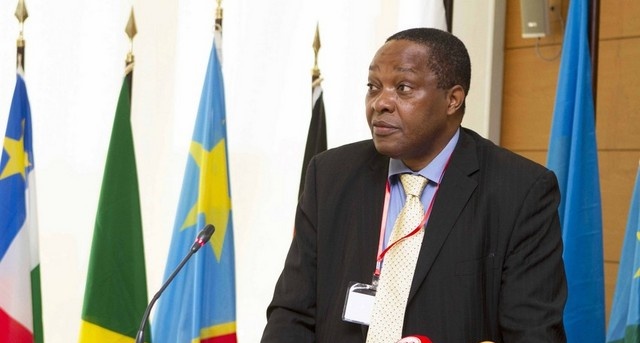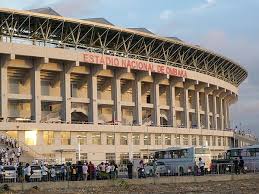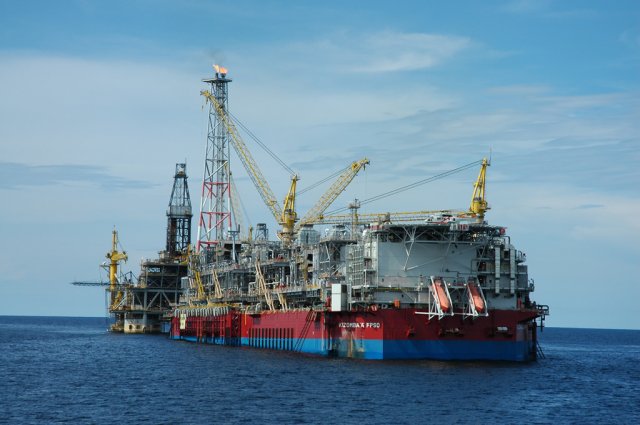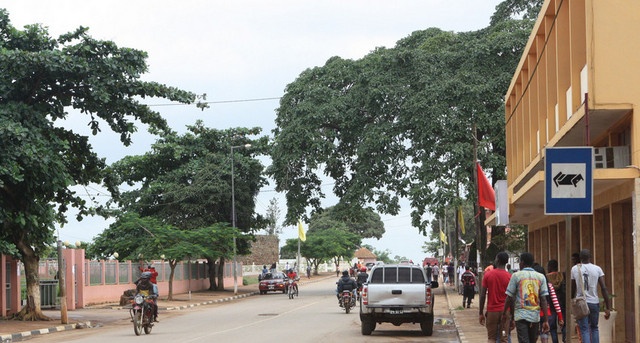Banco de Desenvolvimento de Angola (BDA) will “simplify the process of analysis and lending to the domestic business sector” in the country. Walter Barros a member of the Board at BDA, announced that the bank has been working on “a process to enhance qualified human resources and strategies to deal with requests for funding”.
According to the same responsible, speaking at a lecture for students and exhibitors at the 5th edition of the International Benguela Fair (FIB), the drop in the international price of oil has had a reduced effect on the objectives of Angolan development bank since it has a strong treasury.
The BDA benefits from 5% of all oil tax revenues. through the National Development Fund. “What may happen is a reduction in tax revenue in general and, in this way, the reduction of inputs, but tis will not affect granting credit to customers, since the bank has share capital, its own resources and other credits that can be traded with foreign partners” Walter Barros added. “We have cash to fund projects not only this year but also to sustain the bank for as long as it exists,”
The BDA was created on 7 June 2006, as a financial instrument of the Angolan State, to support the sustainable development of the economy, boost economic diversification, promote new technologies and create more jobs. (Source: Jornal de Angola)

